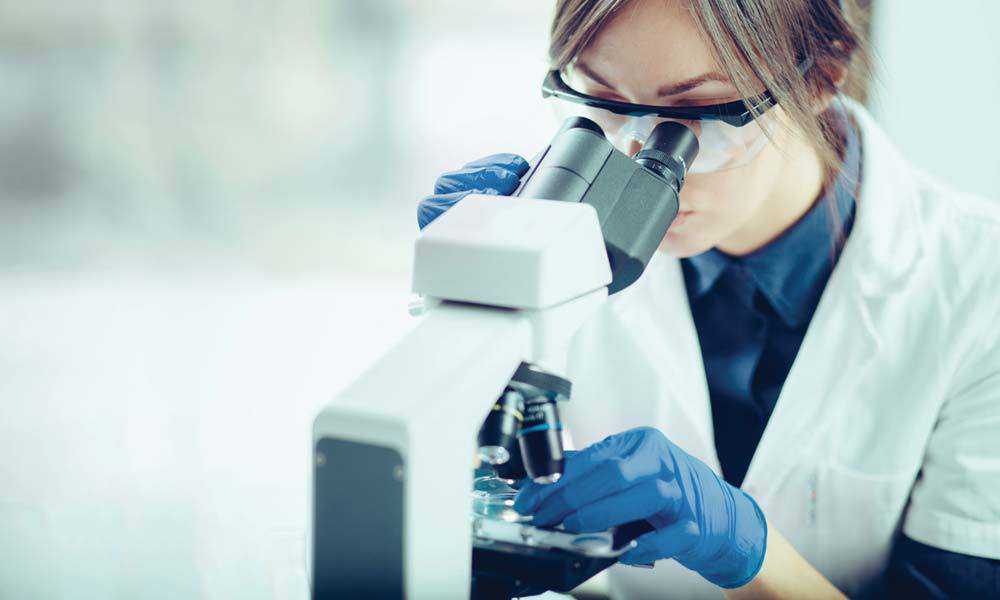
Why Are My External Hemorrhoids Popping Out?
External hemorrhoids, also called piles, are swollen veins in the anal canal. They can form when you strain too hard to have a bowel movement, and they often itch and bleed. External hemorrhoids will pop out of the anus or can be seen protruding externally. Most external hemorrhoids are painless unless they become infected. If you're experiencing hemorrhoids, several treatment options are available to you.
If you have hemorrhoids, it's essential to keep the area clean and dry. You should also avoid straining when you have a bowel movement. If hemorrhoids are causing you discomfort, you can try over-the-counter creams or ointments. If your hemorrhoids are particularly severe, your doctor may recommend surgery to remove them. Hemorrhoid surgery is usually a last resort, but it may be the only way to get rid of your hemorrhoids.
How to treat external hemorrhoids at home
There are a few things you can do to treat external hemorrhoids at home
- Soak in a warm bathtub for 10 minutes, 2-3 times a day.
- Apply ice packs to the area for 10 minutes, three times a day.
- Apply a topical cream or ointment to the area.
- Eat high-fiber foods and drink plenty of fluids to soften your stool and prevent constipation.
- Avoid sitting or standing for long periods.
If home treatment doesn't improve your symptoms or you have large hemorrhoids that are very painful or bleeding, see your doctor. They may recommend one of the following procedures:
- Rubber band ligation: A rubber band is placed around the base of hemorrhoid to cut off its blood supply. The hemorrhoid then shrink and falls off in a few days.
- Sclerotherapy: A chemical solution is injected into hemorrhoid to shrink it.
- Hemorrhoidectomy: This is surgery to remove hemorrhoids. It is usually only done for very large hemorrhoids.
What causes hemorrhoids, and how can you prevent them?
Hemorrhoids are caused by various factors, including constipation, straining during bowel movements, and pregnancy. You can help prevent hemorrhoids by eating a high-fiber diet, drinking plenty of fluids, and avoiding sitting or standing for long periods. If you're pregnant, there are a few things you can do to prevent hemorrhoids, including drinking plenty of fluids and avoiding constipation. If hemorrhoids are causing you discomfort, talk to your doctor about the best treatment for you.
External hemorrhoids can be a nuisance, but they're usually not dangerous. If you're experiencing hemorrhoid symptoms, talk to your doctor about the best treatment for you.
Are hemorrhoids hereditary?
There is no scientific evidence that hemorrhoids are hereditary, but some factors may increase your risk of developing hemorrhoids. These include constipation, straining during bowel movements, and pregnancy. You can help prevent hemorrhoids by eating a high-fiber diet, drinking plenty of fluids, and avoiding sitting or standing for long periods. If you're pregnant, there are a few things you can do to prevent hemorrhoids, including drinking plenty of fluids and avoiding constipation. If hemorrhoids are causing you discomfort, talk to your doctor about the best treatment for you.
Hemorrhoids are swollen veins in the anal canal that usually form when you strain too hard to have a bowel movement. External hemorrhoids will pop out of the anus or can be seen protruding externally. Most external hemorrhoids are painless unless they become infected. If hemorrhoids are causing you discomfort, several treatment options are available to you. These include over-the-counter creams or ointments, soaking in a warm bathtub, and applying ice packs to the area. If home treatment doesn't improve your symptoms,
